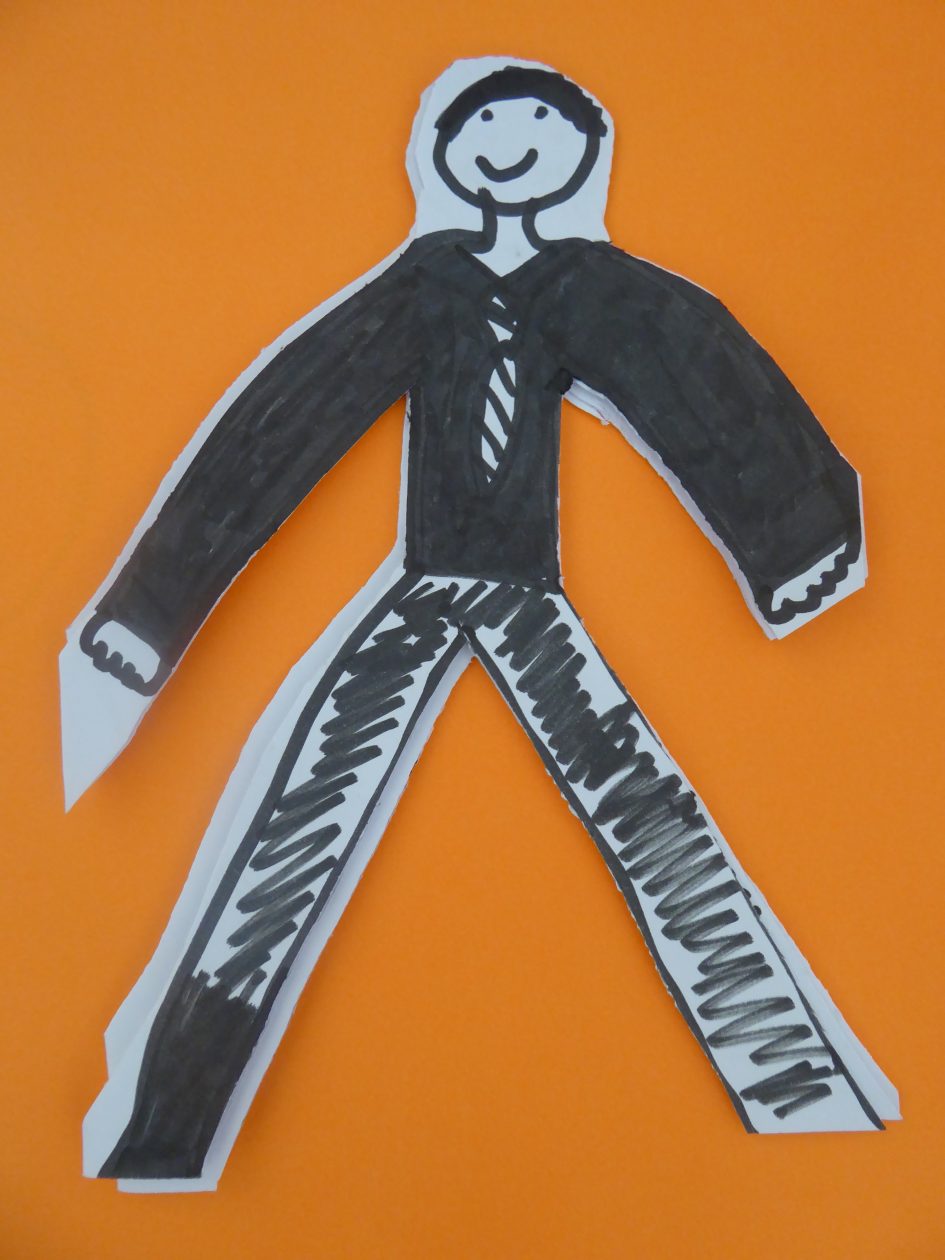The Imagineers have been linking emotions with behaviour and thinking about what can be done to help children manage stress.
Key messages
- Behaviour is communication. Adults need to understand us instead of punishing us when we are not coping.
- Self-harming behaviour is more than cutting yourself – damaging relationships, getting into fights, not doing well at/ or not attending school.
The Thriving Child
Feels: Happy, nice, good, wonderful, lucky, fit, healthy, good about themselves, grateful, loved, excited, confident and understood.
Thinks: Positively. I am going to do well in life. I am amazing.
Sensations in their body: skips, wakes up happy, smiles, calm, heart beating normally, chilled and open.
Behaves: Calm, cool, kind, caring, helpful, nice, do what you are told, you listen, pay attention, good at home and in school, talks to people, plays and has good relationships.
The Surviving Child
Feels: Sad, alone, frustrated, depressed, lonely, sick, low confidence, worried, stressed, useless, scared, hurt, anxious, not coping, angry, upset, nervous, confused, worthless, ashamed, overthinking.
Thinks: Badly about themselves. I hate myself. I hate school. I am terrible. Too much on their mind. Sick thought like kill everyone. I want to run away. Start dissing yourself due to low confidence. I’m worthless.
Sensations in their body: slow to think and act, body isn’t work properly, not enough sleep, cry, clenched fists, red face, low energy, tired, can’t concentrate, rage, tense, tired and in hibernation mode, close up.
Behaves: Doesn’t trust people, might steal, self-harm, join gangs, hurt people, swear, getting into trouble, sleeping lots, getting angry at people, bad, out of order, play up and acts differently from their normal self.


